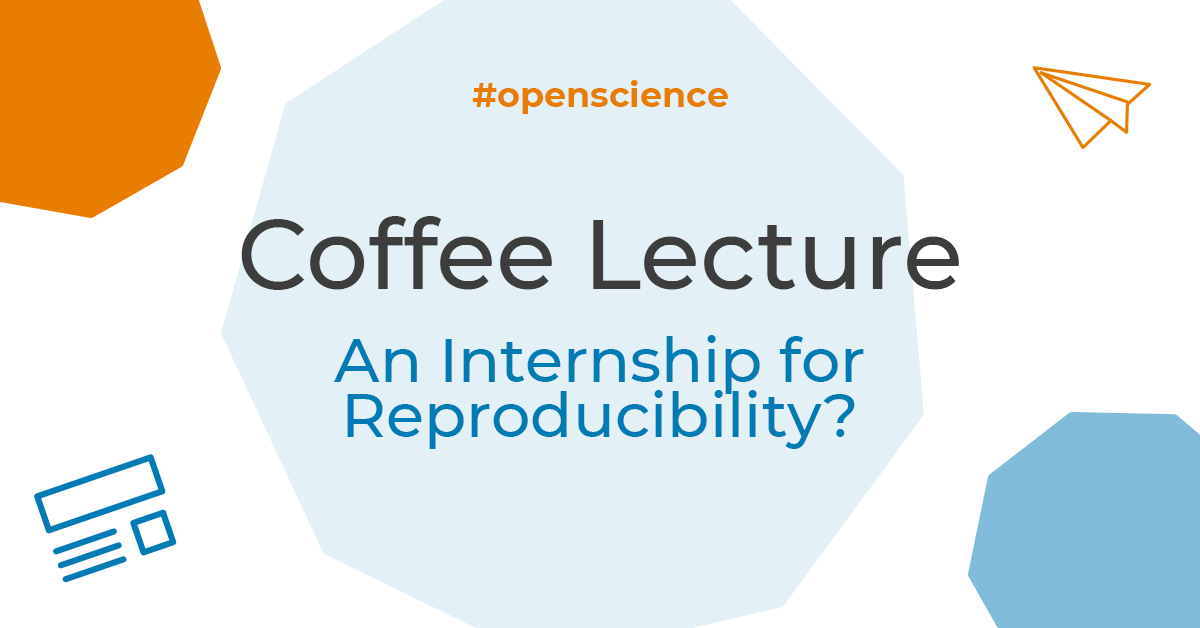As part of an internship, students check the computational reproducibility of articles before they appear, and in doing so gain practical experience in handling data and code. Lars Vilhuber presented this programme at the first ‘Coffee Lecture on Open Science Education’ and discussed the (rhetorical) question: ‘Can or should this be expanded?’
On 15 October 2024, the new ZBW event series ‘Coffee Lecture on Open Science Education’ started with a lecture by Lars Vilhuber, a member of the faculty of the Department of Economics at Cornell University and Data Editor of the American Economic Association (AEA). He spoke about the integration of Open Science and reproducibility in academic teaching with a focus on the training of students outside of traditional teaching programmes. At the LDI Replication Lab (LDI = Labor Dynamics Institute) at Cornell University, Vilhuber supervises students who check articles for computational reproducibility before they are published in an AEA journal.
The work in the lab is an internship and not a traditional teaching format. Here, students gain practical experience in reproducibility and learn about open practices. They check the accessibility of data, verify the executability of research code and document their results in reports for the authors. Students are prepared for these tasks in a training session (training materials), which also includes an introduction to Open Science and research ethics. Vilhuber receives positive feedback from participating students, who also learn important technical, communication and organisational skills during the internship that will be useful for their future careers.
In addition to his work at Cornell University, Vilhuber successfully expanded this programme to partner institutions such as the University of Notre Dame and the University of Colorado Boulder, where similar internships have been set up in collaboration with local coordinators. According to Vilhuber, such training could also enrich academic curricula. He believes that universities could integrate similar projects into bachelor's and master's programmes to enable students to apply these skills in the context of supervised courses. Vilhuber also called for reproducibility and Open Science to be stronger integrated in traditional doctoral training. In this context, the focus should go beyond publications and consider the entire research cycle. Vilhuber called this ‘day one reproducibility’, that is conducting a research project in a reproducible environment from the very beginning.
For Vilhuber, reproducibility is not just an academic exercise, but a necessary skill for modern research. By embedding these practices in education, institutions can better prepare their students for an open, transparent and reproducible research environment.
